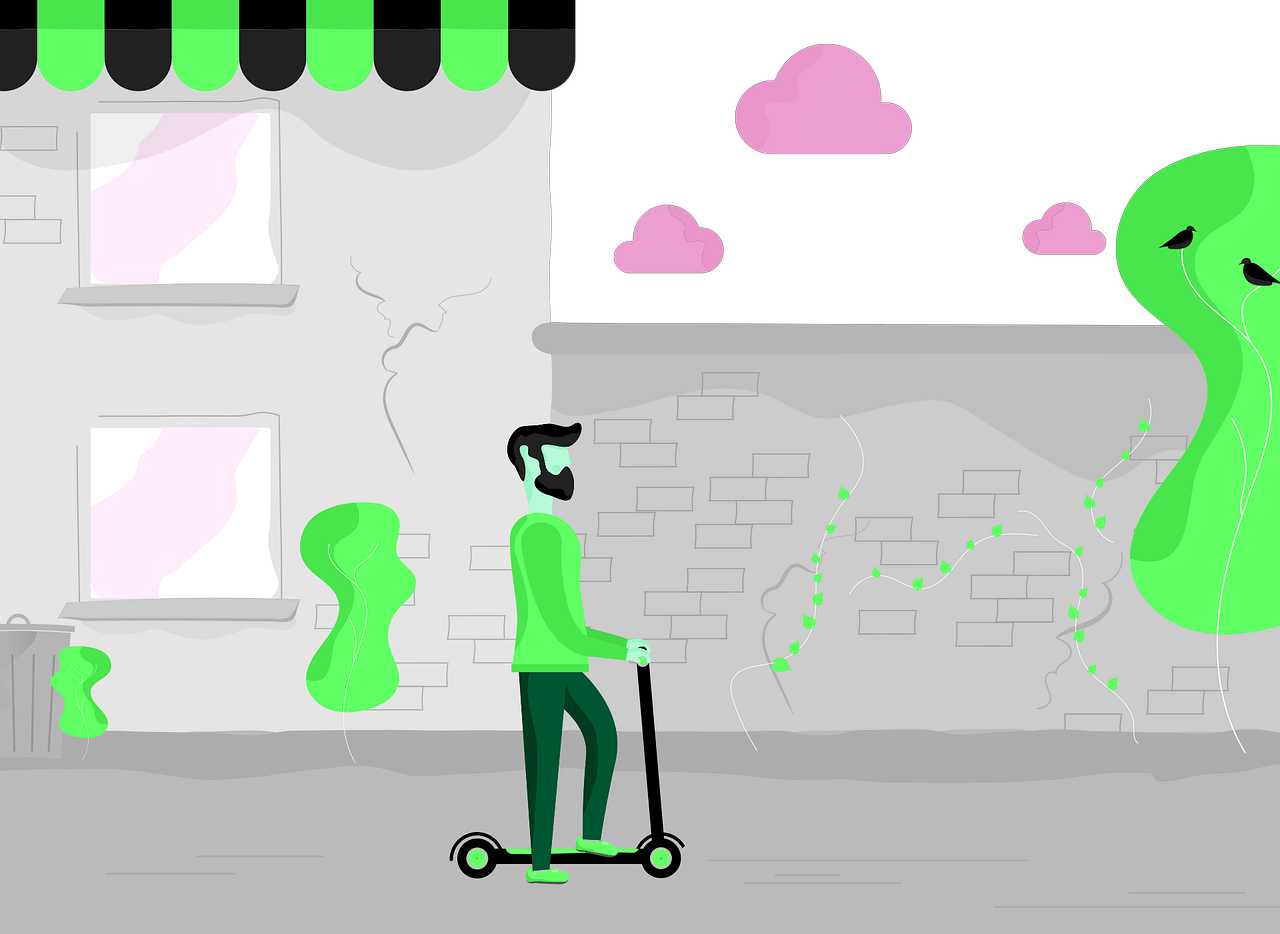How Facebook Affects Overall Quality of Life
How Facebook Contributes to the Decline in Intelligence and Quality of Life
Facebook has become an integral part of many people's daily lives, yet it’s increasingly clear that this popular platform may be doing more harm than good. While it offers a space to stay connected, the overall impact of Facebook on its users can lead to an alarming decline in intelligence and cognitive engagement. The platform, filled with superficial content, shallow interactions, and users who often lack basic internet literacy, doesn’t just waste your time—it actively undermines your intellectual growth and quality of life.
In this article, we'll explore how Facebook contributes to a decline in intelligence and why leaving it behind can result in a sharper mind and a more fulfilling life.
Facebook’s Role in Dumbing Down the Digital Experience
One of the most pervasive problems with Facebook is the type of content it promotes. The platform is flooded with trivial posts, clickbait, and simplified information designed to keep users scrolling endlessly. This low-effort content requires minimal critical thinking or intellectual engagement, leading to a habit of passive consumption rather than active thought.
Even worse, many of Facebook's users are internet illiterate. Instead of exploring the vast resources the internet offers, they stick to basic apps on their phones, rarely venturing beyond Facebook itself. These users contribute to the shallow content pool, sharing repetitive, low-quality information that does nothing to stimulate intellectual curiosity or growth.
The cumulative effect of this constant exposure to low-value content is a decline in cognitive engagement. Studies suggest that frequent use of social media platforms like Facebook can contribute to shorter attention spans and reduced ability to process complex information. When your digital interactions are limited to superficial updates and sensational headlines, your capacity for deep thinking and critical analysis deteriorates.
The Impact on Intelligence and Cognitive Function
The nature of content on Facebook doesn’t encourage thoughtful engagement or intellectual debate. Instead, it fosters an environment where quick, surface-level interactions are the norm. This can lead to cognitive atrophy, as the brain becomes accustomed to processing only simplified information. Over time, this reduces your ability to engage with more complex ideas or tasks that require sustained mental effort.
Moreover, Facebook’s constant stream of notifications and updates fragments your attention, making it harder to focus on deep, meaningful activities. The habitual checking of your feed, driven by algorithmic rewards and the fear of missing out, undermines your ability to concentrate on tasks that require more significant cognitive resources. This constant distraction contributes to a broader decline in intellectual productivity and creativity.
How Facebook Affects Overall Quality of Life
Beyond intellectual decline, Facebook's environment can lead to a diminished quality of life. The platform often forces users into interactions with individuals they’d rather avoid—be it former acquaintances, distant relatives, or colleagues. These interactions tend to be superficial and unfulfilling, further contributing to the sense of disconnection and dissatisfaction.
Additionally, the constant exposure to idealized portrayals of others’ lives can lead to feelings of inadequacy and envy. This emotional strain, coupled with the time wasted on trivial content, can exacerbate stress and decrease overall well-being. Instead of fostering genuine relationships and engaging in enriching activities, users find themselves trapped in a cycle of low-quality interactions and superficial comparisons.
The Benefits of Leaving Facebook Behind
-
Enhanced Cognitive Engagement: By stepping away from Facebook, you can redirect your focus toward activities that challenge your intellect and stimulate cognitive growth. Engaging with in-depth articles, educational content, and meaningful conversations can help you reclaim and enhance your mental acuity.
-
Increased Productivity: Without the constant distractions of Facebook, you can concentrate better on tasks that require sustained effort and creativity. This can lead to increased productivity and a greater sense of accomplishment in both personal and professional endeavors.
-
Improved Mental Health: Leaving Facebook can alleviate the stress and anxiety associated with social comparison and shallow interactions. By focusing on more positive and meaningful activities, you can improve your overall mental well-being and reduce feelings of inadequacy.
-
Meaningful Connections: The time saved by leaving Facebook can be used to build and nurture genuine relationships. Engage with communities and platforms that offer thoughtful discussions and shared interests, fostering deeper and more fulfilling connections.
-
Greater Quality of Life: With fewer distractions and a more focused approach to online interactions, you can enjoy a higher quality of life. By prioritizing intellectual growth, productivity, and meaningful relationships, you can achieve a more balanced and fulfilling lifestyle.
How to Transition Away from Facebook
-
Set Boundaries: Start by gradually reducing your Facebook usage. Establish specific times for checking the platform, and use tools to limit notifications and distractions.
-
Explore Alternative Platforms: Seek out online communities and platforms that provide richer, more intellectual content. Websites like Medium, Quora, or niche forums offer opportunities for thoughtful engagement and learning.
-
Reconnect with Real Life: Invest time in real-world activities and relationships. Pursue hobbies, engage in community events, or spend quality time with loved ones to enhance your offline experiences.
-
Practice Digital Detox: Consider taking regular breaks from social media to reset your habits and focus on activities that truly enrich your life.
Final Thoughts
Leaving Facebook behind is not just about disconnecting from a social media platform—it's about reclaiming your intellectual capacity, improving your mental health, and enhancing your overall quality of life. The decline in intelligence associated with frequent Facebook use is a serious concern, but by stepping away from the platform, you can rediscover deeper, more meaningful ways to engage with the world. Embrace a more thoughtful, productive, and fulfilling online and offline life, and experience the benefits of a clearer mind and a richer existence.
